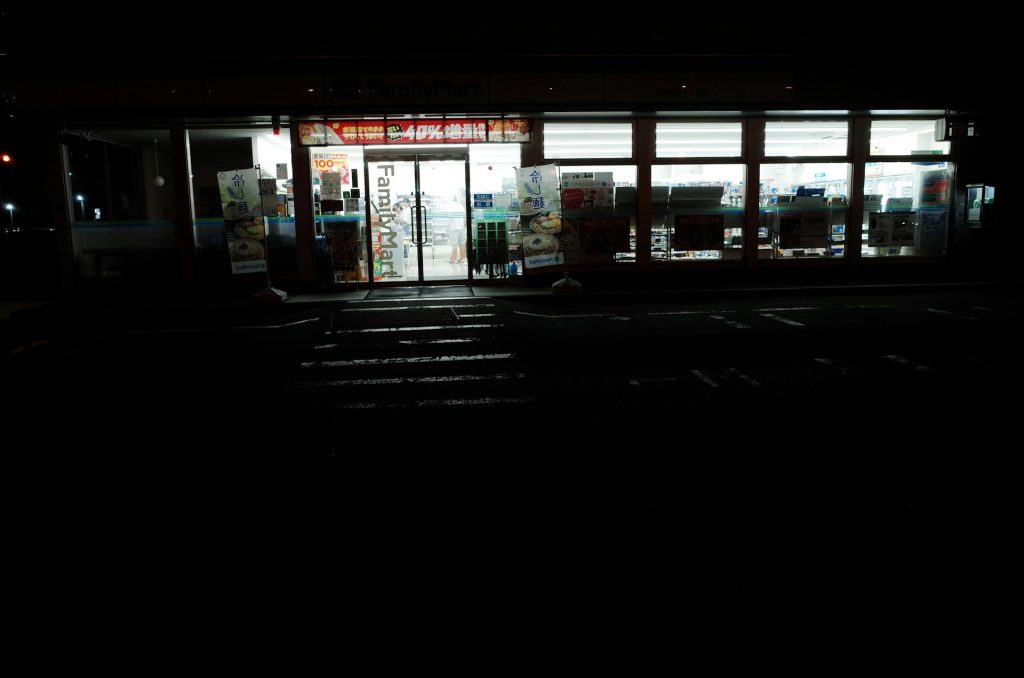
If you run a business in Nigeria (or anywhere in Africa), last week’s news felt like a tug-of-war: billions in loans and investments on one side, and daily frictions—power cuts, water shortages, traffic, protests—on the other. Progress versus pressure. Promise versus patience.
From Sept 16–19, we saw:
- Nigeria: a $1.8bn World Bank loan for infrastructure/social programs; a $500m off-grid renewable push; AI traffic management in Lagos; inflation easing to 19.8%; digital IDs for NYSC; diaspora remittance policy to boost dollars; foreign inflows into the NSE even as power protests hit Port Harcourt; $2.5bn rail expansion; $1.2bn Lagos infrastructure plan; and eNaira 2.0 alongside water shortages and strikes.
- Across Africa: mining rallies buoy markets; electric buses in Addis; Rwanda’s $1bn logistics hub; geothermal investment in Kenya; water and food price protests in Ghana; schools reopening after unrest in Ethiopia; Eskom partial privatization to attract $3bn; car-free Sundays in Addis; green hydrogen deals in Egypt; fuel price protests in Kampala; tourism funding in Cairo; fishermen protests in Dakar.
What this really means for you
These headlines are not abstract. They touch your costs, sales, reliability, and risk.
- Money is flowing—but it’s not a magic wand
Loans and FDI (World Bank, rail deals, hydrogen projects) unlock projects, signal confidence, and can strengthen currencies. But without delivery and maintenance, they turn into new debt without new value. Plan with timelines, not just headlines. - Energy is the hinge
Off-grid solar, geothermal, and electric buses will slowly lower the “generator tax” on businesses. But for now, outages and fuel price spikes still bite. Treat energy diversification (solar/inverters/shared power) as a core strategy, not a nice-to-have. - Cities are the front line
Traffic AI in Lagos, waste reform, water shortages, and housing crackdowns remind us: urban systems decide your workday. When transport improves, you gain hours. When water fails, you lose customers and trust. City fixes are business fixes. - People will push back when basics don’t add up
Protests over power, water, food, and fares are early warning signals. They tell you where operational risk might spike next—delivery routes, opening hours, staffing. - Digital IDs and eNaira 2.0 hint at a simpler future
As identity and payments digitize, onboarding customers, verifying staff, and getting paid can get faster—if you integrate early.
A simple playbook (use today)
- Budget buffers: Add 10–15% volatility to energy/logistics lines.
- Power mix: Pair solar + inverter with a smaller generator to cut diesel dependence.
- Route & hours: Align delivery times with traffic AI windows; build Plan B routes for protest days.
- Customer trust: Communicate why prices change; keep one “comfort product” affordable.
- Get paid faster: Offer digital pay options; test wallet/eNaira for micro-payments.
- Talent & time: Use telehealth benefits and flexible shifts during service disruptions; retain good people.
- Opportunity radar: Track rail corridors, logistics hubs, and export-friendly zones; they reshape costs and markets.
The bigger picture
Africa is balancing old engines (mining, oil) with new bets (renewables, logistics, digital identity). Nigeria is doing the same within one country. The gap between announced billions and lived benefits will narrow only when execution catches up. Until then, businesses that plan for friction and move early on the new rails/roads/power/payments will pull ahead.
The Bottom Line
You can’t control when a loan turns into a road—or when a policy turns into power. But you can control exposure, timing, and clarity.
Ulysses Blueprints helps you do exactly that: we turn this noise into a one-page operating map—where your costs will move, which corridors to use, how to keep selling when the city stutters, and where the new opportunities really are. If you need a plan that survives load-shedding, water cuts, and policy delays, we’ll build it with you.
Ready for clarity?
Get the 3-part creator blueprint free and start decoding business problems just in time.
